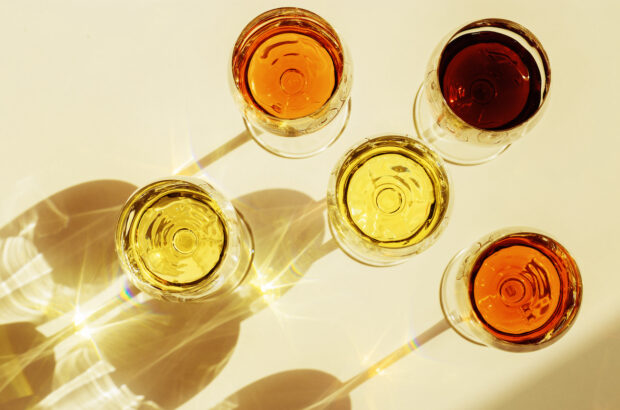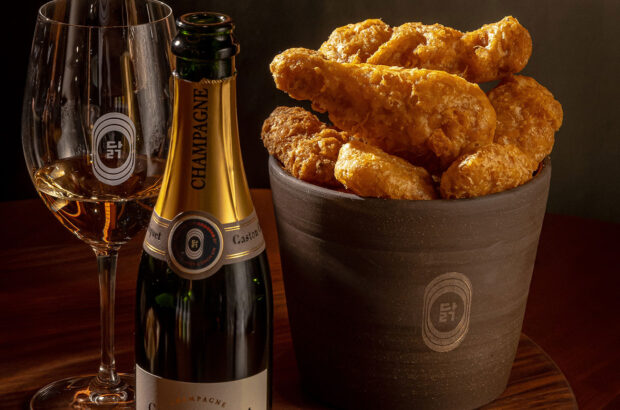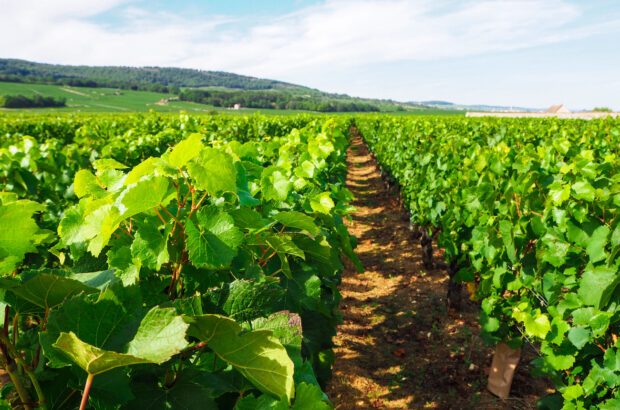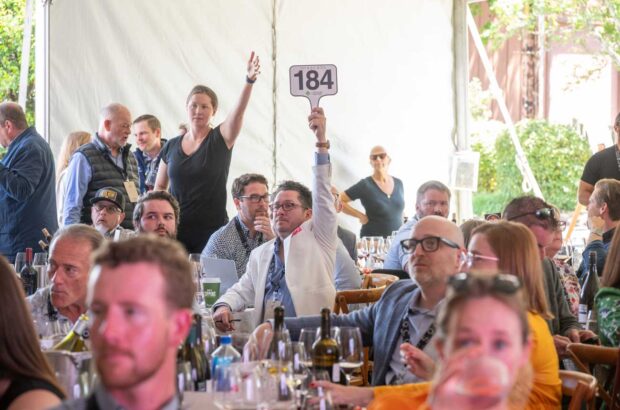Donald Trump has won a tumultuous US presidential election campaign battle against Hillary Clinton. What could that mean for wine collectors and producers?
First take: What president Trump might mean for wine…
- Surprise win dubbed ‘America’s Brexit’ and leaves markets volatile
- Both Trump and Clinton were cool on plans for a free trade deal between US and EU
- Uncertainty for overseas workers in US wine industry
Fine wine market
Donald Trump‘s victory in the US presidential election is the second time this year that markets and political pundits have been caught out.
The Financial Times described it as America’s ‘Brexit‘, referring to Britain’s surprise vote to leave the European Union earlier this year.

How Trump won the US presidency. Credit: Google.
A win for Trump, a self-proclaimed tee-totaller but with a winery in the family, initially caused volatility in global stock markets and the US dollar recoiled on currency markets.
But, the dollar regained some strength in the early hours of 9 November after Trump promised in his acceptance speech to be a ‘president for all Americans’ and to invest in infrastructure. That also appeared to calm stock markets.
Currency matters because of the international scope of the fine wine market. After Brexit, dollar buyers in US and Asia swooped to take advantage of deals at UK merchants caused by the weak sterling currency.
Any uncertainty in the US may mean greater caution among fine wine buyers and potentially affect a recovery of the fine wine market in general in 2016.
But, it’s early days.
Liv-ex saw a flurry of trading after Brexit, but it’s been calm so far after Trump’s win. ‘We haven’t seen anything unusual yet – there’s been no impact at all. Business as usual,’ said Liv-ex’s head of exchange, Anthony Maxwell, this morning.
It’s also possible that more investors will look to alternative assets, such as wine, if there is prolonged stock market volatility. The price of gold jumped by 4% overnight as news of Trump’s successes emerged.
‘Safe havens are well bid, especially the Japanese Yen alongside fixed income and gold,’ Ranko Berich, head of market analysis at Monex Europe, said today.
US EU free trade deal: A dispute over wine names
Whether it was Trump or Clinton in the White House, a proposed free trade deal known as TTIP was heading for the rocks.
A core disagreement in the deal includes a dispute over legal protection for certain wine names, such as Champagne.
Obama was keen to push TTIP through, but both Clinton and Trump expressed opposition to the TTIP proposals during their election campaigns, even if Trump was perhaps little more vocal.
And in Europe, France has led a cautious line.
The EU exports around $3.7 billion worth of wine to the US annually, six times more than the amount of wine travelling in the opposite direction, according to the California Wine Institute.
European producers are seeking greater exclusivity on certain terms, such as Port, to capitalise on what is now the world’s largest wine market.
But the Wine Institute said in July 2016 that it ‘rejects European-led efforts in the EU-U.S. Transatlantic Trade and Investment Partnership (TTIP) negotiations to “claw back” semi-generic terms such as “Champagne” from US vintners.
‘Legally labeled California Champagne has been produced and sold in the US dating back to 1857.
‘Wine Institute challenges any assertion that consumers have difficulty distinguishing between US and French products when country of origin is clearly stated on the label.’
A wine trade deal signed in 2006 already gives a degree of protection to a range of European wines, such as Champagne and Port, the Institute argued.
Dr Ignacio Sánchez Recarte, secretary general of Europe’s wine trade body, CEEV, told Decanter.com in September that greater protection for wine names in the US would remain a priority.
‘We acknowledge that no progress has been achieved during the last round of negotiations and that the actual political climate in both sizes of the Atlantic renders difficult, read almost impossible, any substantial development in the close future.
‘However, we still believe that, for which concerns wine, the two major players worldwide have an opportunity to set up an interesting precedent by agreeing the principles that should be considered in any future wine trade agreement.
‘I’m convinced that we both should oppose discriminatory measures and provisions that would impact negatively our trade relations.’
Uncertainty for foreign workers in the US wine trade
Much has been made of Trump’s campaign promise to ‘build a wall’ between the US and Mexico, and to make Mexico pay for it.
He has also repeatedly criticised levels of immigration into the US.
It remains to be seen which of several campaign policies survive Trump’s voyage to the heart of Washington DC.
But, as with Brexit, the rhetoric is almost certain to create a period of uncertainty for foreign workers. Food and wine sectors in the US are known to rely relatively strongly on immigrant workers, and there may be particular concerns around harvest workers in US vineyards.
However, Trump will not take office until early 2017 and history is littered with US presidential hopefuls who had grand schemes and subsequently failed to realise them, or had to compromise, once in office.
More wine and politics stories:
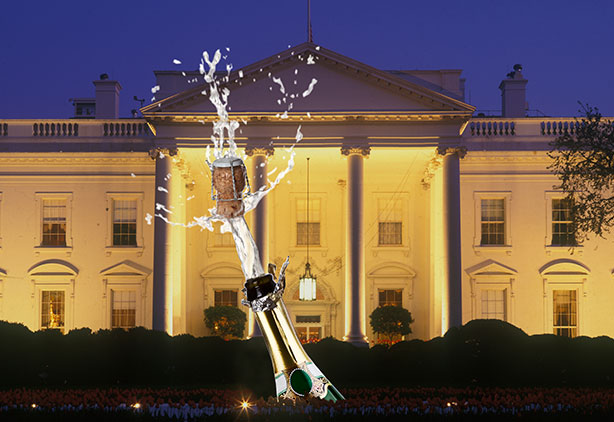
White House wine – what do US Presidents drink?
What past presidents enjoyed...

Brexit means wine prices will rise, warns trade body
WSTA issues stark warning...

Brexit: UK to seek share of EU wine cellar – report
British officials want share of EU assets, says report...

‘Brexit boom’ as fine wine buyers seek lesser vintages
Liv-ex and BI report upturn in trading...

Dollar wine buyers swoop for Brexit deals
Buyers in US, Asia and Europe eye wine deals...



